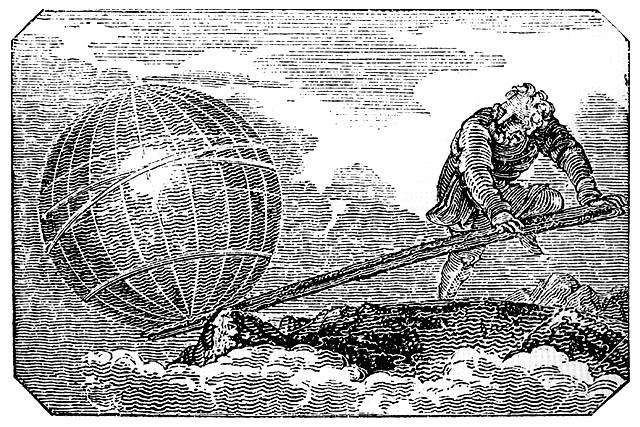As we move ever further into the world of complex technological integration, the world dreamed about by the technocrats of the 30's, we should be on guard against this sort of elitist mentality and increasingly cautious of the leverage technology grants experts over the population without consent. While it is certainly nothing new that a powerful elite would make choices which benefit themselves over a majority who suffer the externalities. Certain newly arriving technologies should give us pause, because their use in an anti-democratic fashion could result in major set backs for people the world over. The fact that we are moving ever closer to a technological position where one man, one lever, and one fulcrum can actually move the whole world and its people, should be another concern of anyone fighting for the protection of truly democratic institutions.

It is not my proposal that technology never be used, or that it is inherently wrong, simply that the people that it is likely to effect should have a say in how and when it is used, and that a special class of experts should not short circuit the rights of others.
Geo-engineering - the idea of applying planetary engineering to Earth, involving the deliberate modification of Earth's environment on a large scale "to suit human needs and promote habitability." In his 2007 talk at TED, David Keith proposed that we take Geo-engineering seriously and use it as a risk management solution in addition to our plans to reduce emissions to stop climate change. He also warned that it is not an expensive project to undertake, and indeed the science to accomplish the task of reducing the mean temperature of the climate is well established. So it may be that unless an effective international conversation is started on this subject soon, we may wake up some morning to find some country has begun to cool that planet without consulting everyone else. Or, that many governments have undertaken plans to do it in secret, as there is no central international body to deal with issues of adjusting the global temperature, and because in climate change there are winners and losers. Not everyone has something to lose from a warmer planet earth.